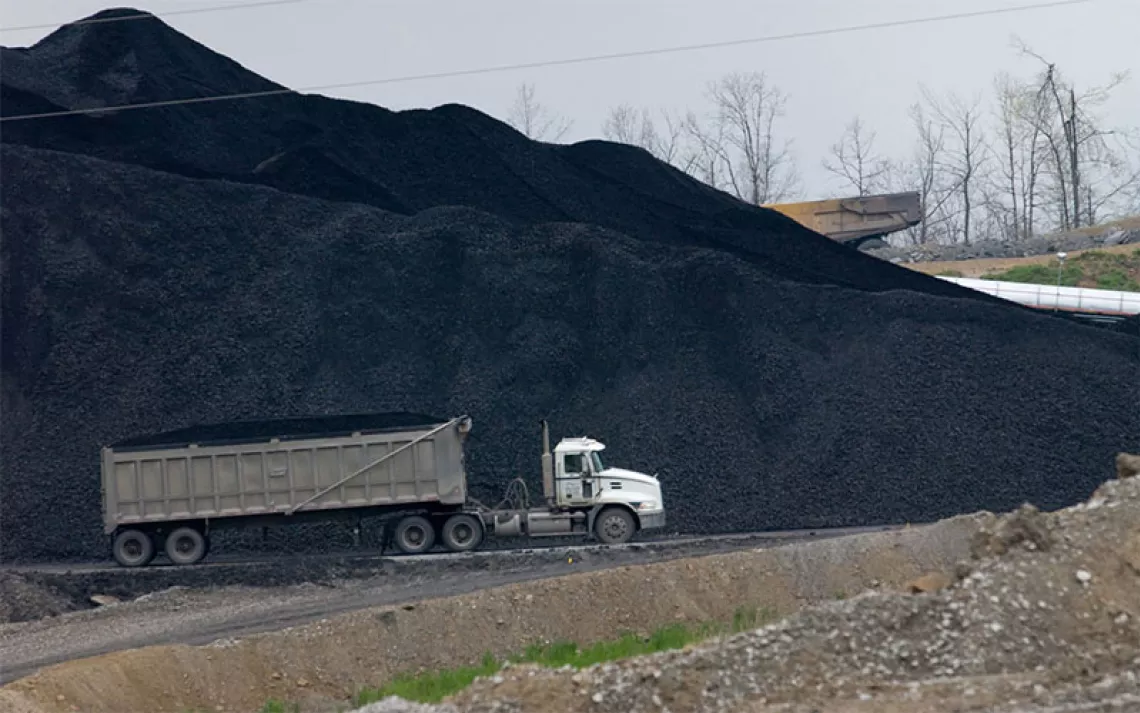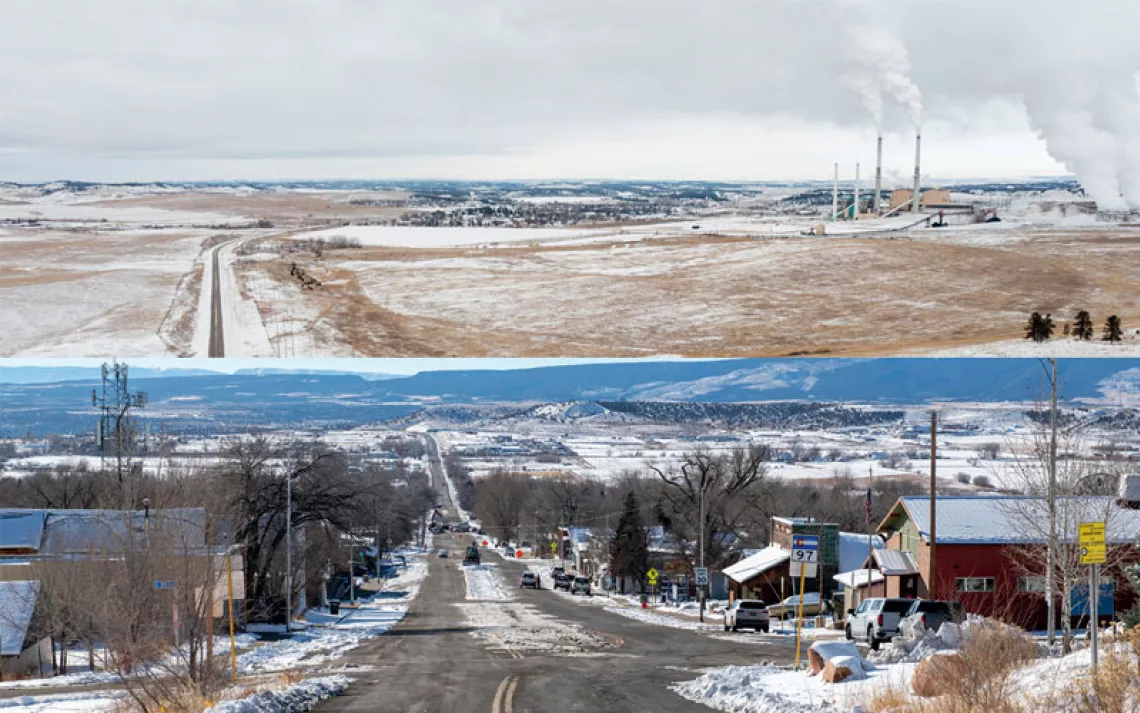Two Months, One Page
Environmental news in case you missed it

A January blizzard brings a rare snowy owl to downtown Washington, D.C., where it is hit by a bus.
Eight million acres of China are too polluted to grow crops.
A study shows that large old trees continue to grow rapidly and capture carbon as they age, undermining the timber industry argument that clearcutting and replanting is better for the climate.
Congress allows the production tax credit for wind energy development to expire. The credit was instrumental in getting 60,000 megawatts of clean wind power on line in the last two decades.

"Inhumane" temperatures as high as 108F at the Australian Open cause plastic water bottles to melt and players to vomit.
Shell Oil cancels plans to drill in the Arctic in 2014.
More rain falls in England in January than in any month since record keeping began in 1767.
Officials announce that farmers in California's Central Valley will receive no state or federal irrigation water this year because of the ongoing drought. Parched fields lead some California ranchers to give up on grass-fed beef.

2013 ties with 2003 for fourth-hottest year on record.
High ocean acidity linked to climate change kills 10 million farmed scallops off the coast of Vancouver.
The Obama administration blocks the construction of the Pebble Mine, a massive gold and copper mine proposed for the headwaters of Alaska's Bristol Bay, site of one of the world's richest salmon fisheries.
The EPA proposes fuel-efficiency standards for big trucks for the first time ever. In 2010, trucks accounted for 4 percent of U.S. vehicles but 25 percent of vehicular CO2 emissions.

The 377-megawatt Ivanpah Solar Electric Generating Station, the largest in the world, goes on line in the desert southwest of Las Vegas.
U.S. trains spilled more oil in 2013 than in the previous four decades.
ExxonMobil CEO Rex Tillerson joins a lawsuit opposing a water tower for a proposed fracking project near his home in Bartonville, Texas.
The Los Angeles City Council bans fracking.
Scientists revive a previously unknown, 30,000-year-old giant virus from Siberian permafrost. An amoeba exposed to the virus quickly becomes infected.
 The Magazine of The Sierra Club
The Magazine of The Sierra Club



